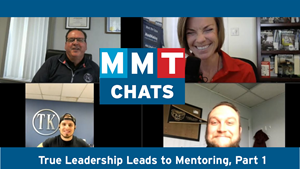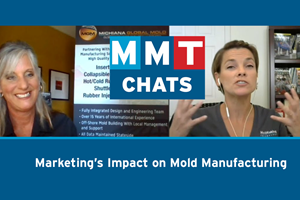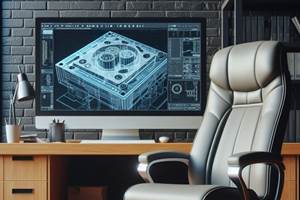The Role of an Educational Philosophy
Finding, Training & Retaining Employees, Part 9
Working within this industry the past 17 years as a teacher in a public high school and in community college systems, as well as a corporate trainer and consultant has exposed me
to numerous learning and teaching approaches.
A few of these approaches are driven by well-thought-out educational philosophies of the person in charge of the programs. However, the majority of drivers can be placed in one of two categories: 1) people who train/learn/teach “the way they have always done it” and 2) people who train/learn/teach with no structure or thought. Both approaches can be detrimental to the long-term success of the training program and the trainee; therefore, educational philosophies need to be defined.
Most successful companies have written mission statements and a defined set of core values. A solid training program should have both of these as well. Ultimately, these serve as the description of your educational philosophy. A mission statement defines what you are trying to accomplish with the training program, and core values establish a list of absolute do’s and don’ts that must be followed.
The two educational approaches described earlier often result in learners and teachers feeling as though they are simply jumping through a series of arbitrary hoops. As they rush from one learning objective to the next, the content feels insignificant or irrelevant. This happens when we fail to establish a good philosophy behind what we are doing, or when we fail to communicate our philosophy through a solid mission statement or list of core values.
It may be helpful to think of educational philosophies as the root cause of a training initiative’s success or failure. A good educational philosophy will lead to a higher level of learner engagement, greater long-term employee retention, exciting new innovations and greater overall job satisfaction. A poor educational philosophy, or having none at all, will lead to student behavior issues, complacency, resentment and entitlement.
As our industry rebuilds, many people are beginning their new careers with high hopes for the future, so it is critical that we train them and provide them an environment for success and opportunity that is built upon a strong educational philosophy. It is also important to communicate that philosophy with a clear training program mission statement and clearly articulated core values.
An effective educational philosophy covers two main objectives: 1) it is learner–centric, and 2) it is built with the end in mind. The next several installments of this series will examine the steps to develop a solid educational philosophy based on these two objectives.
Related Content
ICYMI: MMT Chats: True Leadership Leads to Mentoring, Part 1
This trio from TK Mold and Engineering in Romeo, Michigan, joins me to discuss the role of leadership and culture in mentorship. This episode is brought to you by ISCAR with New Ideas for Machining Intelligently.
Read MoreThe Role of Social Media in Manufacturing
Charles Daniels CFO of Wepco Plastics shares insights on the role of social media in manufacturing, how to improve the “business” side of a small mold shop and continually developing culture.
Read MoreMMT Chats: Marketing’s Impact on Mold Manufacturing
Kelly Kasner, Director of Sales and Marketing for Michiana Global Mold (MGM) talks about the benefits her marketing and advertising, MGM’s China partnership and the next-generation skills gap. This episode is brought to you by ISCAR with New Ideas for Machining Intelligently.
Read MoreTackling a Mold Designer Shortage
Survey findings reveal a shortage of skilled mold designers and engineers in the moldmaking community, calling for intervention through educational programs and exploration of training alternatives while seeking input from those who have addressed the issue successfully.
Read MoreRead Next
Finding, Training & Retaining Employees
In this multi-part series of articles, contributor Ryan Pohl, a journeyman CNC machinist who also holds a master's degree in industrial training and development, addresses the skilled-labor shortage and its potential to dramatically hinder the future sustainability and growth of the moldmaking industry.
Read MoreHow to Use Continuing Education to Remain Competitive in Moldmaking
Continued training helps moldmakers make tooling decisions and properly use the latest cutting tool to efficiently machine high-quality molds.
Read MoreHow to Use Strategic Planning Tools, Data to Manage the Human Side of Business
Q&A with Marion Wells, MMT EAB member and founder of Human Asset Management.
Read More







.jpg;maxWidth=300;quality=90)

















_970x250 4.png;maxWidth=970;quality=90)